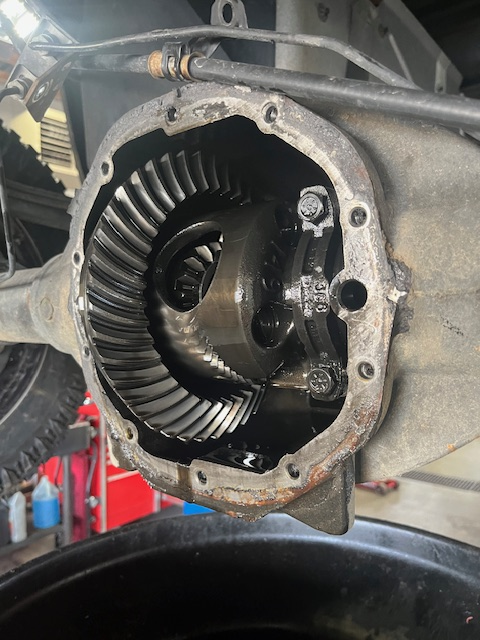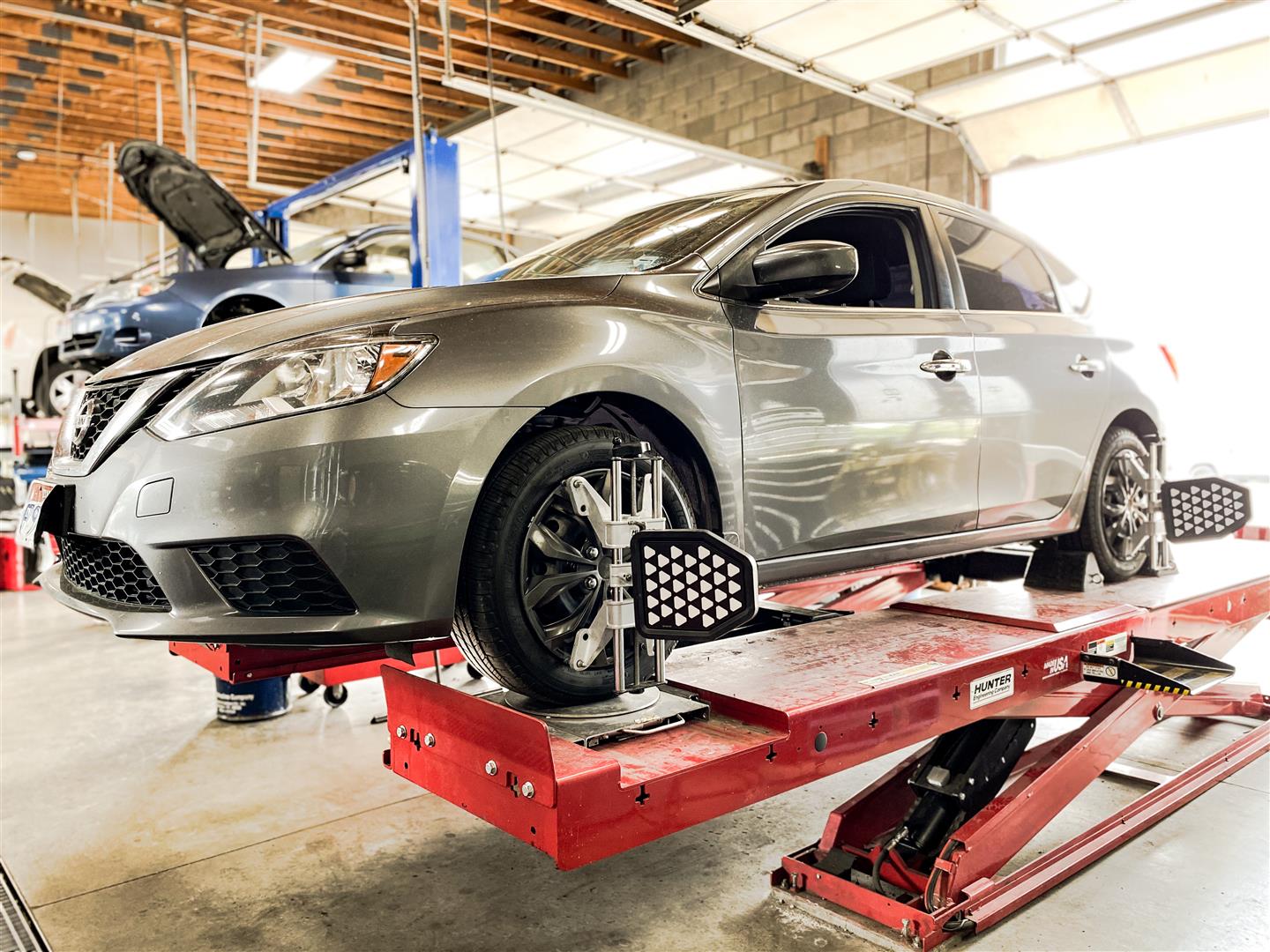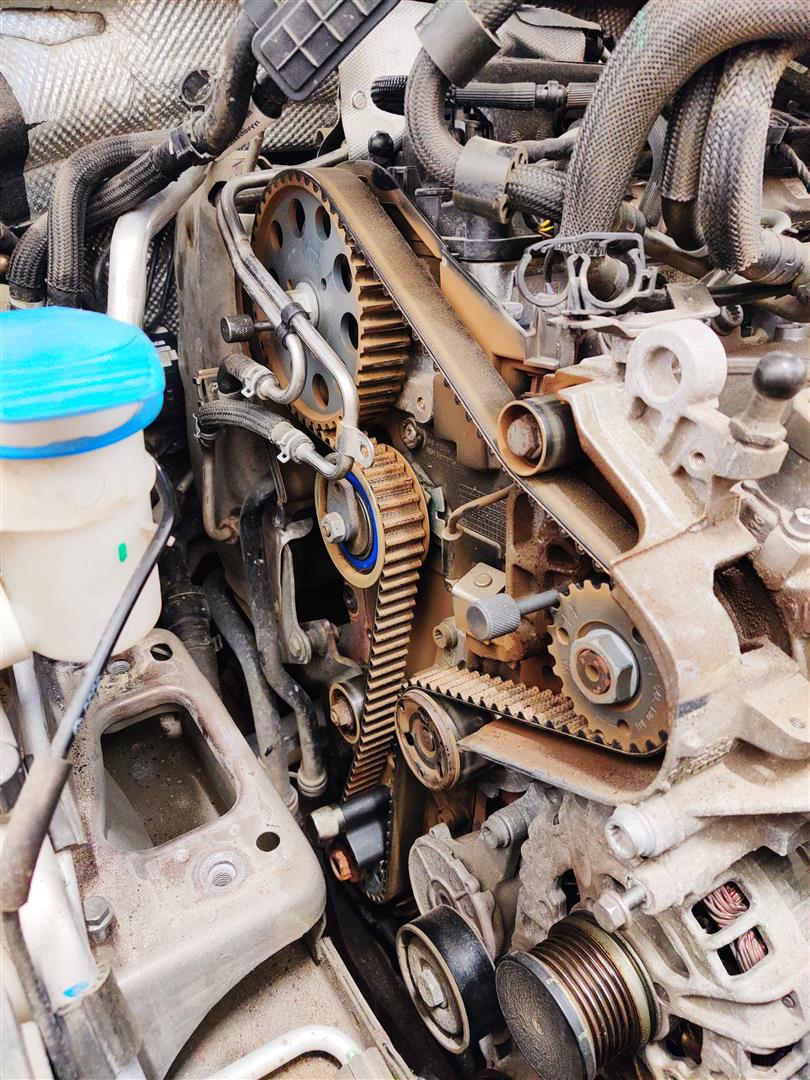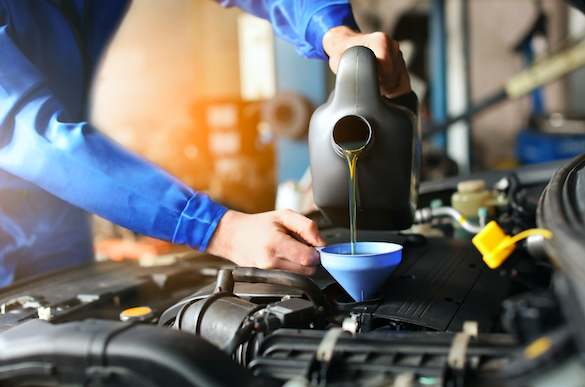Posted on 2/26/2024
.jpeg)
Vehicles are more than just a means of transportation; they are complex machines equipped with advanced technology designed to make our journeys safer, more efficient, and enjoyable. With this complexity comes the need for a sophisticated approach to maintenance and repair, known as auto diagnostics. Understanding Auto Diagnostics Auto diagnostics involve using specialized tools and software to communicate with a vehicle's computer system, which monitors and controls operations such as engine performance, transmission, brakes, and more. When a potential issue arises, the system generates a specific error code, stored until diagnostics are run. This process allows mechanics to quickly identify and address problems, often before they lead to more significant damage or safety concerns. The Role of the Onboard Diagnostic System (OBD) ... read more
Posted on 2/21/2024

In the world of vehicle maintenance, rear differential care is paramount to avoid costly breakdowns. The gears in your rear differential are susceptible to damage due to various factors, primarily from excessive stress and fatigue. Overloading, aggressive driving, or towing heavy loads can strain these components, leading to material fatigue and eventual failure. Neglecting proper maintenance practices such as inadequate lubrication or using contaminated fluids can exacerbate wear, while manufacturing defects or misalignment can introduce weak points in the gear system. To ensure your rear differential's longevity and optimal performance, here are some key maintenance tasks you shouldn't overlook: Regular Inspection: Keep an eye on your rear differential housing, cover, and seals for any signs of leaks, cracks, or damage. Fluid Change: Follow the manufacturer’s recommended interval for changing the differential fluid to prevent increased friction, wear, and ove ... read more
Posted on 2/14/2024

Alignment of vehicle wheels and suspension components is crucial for ensuring optimal performance and safety. Proper alignment, achieved through techniques such as laser and computerized alignment, enhances wheel geometry by adjusting camber, caster, and toe angles. This precision alignment not only promotes even tire wear, extending tire life and reducing maintenance costs, but also enhances fuel efficiency by reducing rolling resistance. Moreover, accurate wheel alignment ensures stable handling, improves steering response, and maximizes braking effectiveness. By aligning the chassis and suspension components, alignment procedures contribute to overall vehicle stability, comfort, and safety, providing drivers with a smoother and safer driving experience.https://www.youtube.com/shorts/18Jax5oh1Ys
Posted on 2/7/2024

Replacement of the timing belt has been advised within a service interval typically falling between 60,000 and 90,000 miles. While many manufacturers have transitioned to using timing chain systems, some still employ timing belts. It is crucial to adhere to the recommended mileage interval for timing belt replacement, especially considering whether your engine is of the interference or non-interference type. The terms "interference" and "non-interference" refer to the design characteristics of an internal combustion engine, specifically in relation to the timing components and their potential impact on the engine's operation in the event of a timing belt or chain failure. Interference Engines: In an interference engine, the timing belt or chain controls the opening and closing of the engine's valves in synchronization with the movement of the pistons. If the timing belt or chain were to fail or break, there's a risk that the p ... read more
Posted on 1/31/2024

VEHICLE CARE AND MAINTENANCE Which side are you on: Team Proactive Maintenance, committed to regular care and inspections, or Team Wait-and-See? At Dickerson Automotive, we firmly stand with Team Maintenance. While some may suggest we sell items not currently broken, our belief is that assisting you in maintaining your vehicle's peak condition will ultimately save you money. We've assembled a list of pros and cons to enable you to make an informed decision. Pros of Regular Vehicle Maintenance:Preventive Measures: Regular maintenance helps identify and address potential issues before they become major problems. Extended Lifespan: Routine servicing can prolong the life of your vehicle by keeping all components in optimal condition. Enhanced Safety: Well-maintained vehicles are safer to drive, reducing the risk of accidents due to mechanical failures. Improved Fuel Efficie ... read more